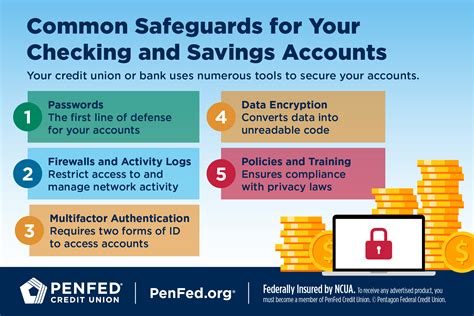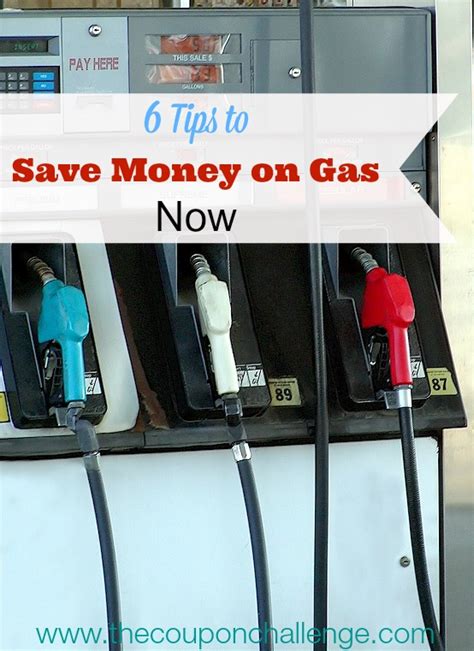The Real Cost of the Open Road: Why Your MPG Matters
For many men, driving is more than just getting from A to B; it’s a part of daily life, work, and leisure. However, rising fuel costs can turn this necessity into a significant drain on finances. While general advice abounds, this article dives into specific, actionable driving habits and essential maintenance routines that truly make a difference in your vehicle’s fuel efficiency, putting more money back in your pocket.
It’s not just about what you drive, but how you drive it and how well you maintain it. We’ll explore practical strategies tailored to help you not only understand but actively improve your miles per gallon (MPG) and cut down on those recurring fuel expenses.

Mastering Fuel-Efficient Driving Habits
Your driving style is arguably the biggest factor in your car’s fuel consumption. Small adjustments can lead to substantial savings over time.
Smooth Acceleration and Braking
Aggressive driving – rapid acceleration and hard braking – is an MPG killer. Each time you floor the accelerator or slam on the brakes, your engine works harder and consumes more fuel unnecessarily. Aim for smooth, gradual acceleration and anticipate stops to coast more often. Think of it as driving with an egg under your foot; gentle inputs are key.
Observe Speed Limits (and the Sweet Spot)
While tempting to push the limits on open highways, most vehicles achieve optimal fuel efficiency between 50 and 60 mph. As your speed increases beyond this, aerodynamic drag becomes a major factor, forcing your engine to burn significantly more fuel to maintain momentum. Sticking to speed limits not only keeps you safer but also helps keep your fuel gauge higher for longer.
Minimize Idling
Leaving your engine running while stationary, whether waiting for someone or in a long drive-thru line, burns fuel for zero miles. If you anticipate being stopped for more than 30 seconds, it’s generally more fuel-efficient to turn off your engine and restart it when you’re ready to go. Modern cars are designed for frequent starts.

Crucial Vehicle Maintenance for Peak MPG
Beyond how you drive, how well you maintain your vehicle plays a pivotal role in its fuel economy. Neglecting regular maintenance can silently erode your MPG.
Keep Tires Properly Inflated
This is one of the simplest and most overlooked maintenance tasks. Underinflated tires increase rolling resistance, forcing your engine to work harder. Check your tire pressure regularly (at least once a month) against the manufacturer’s recommended PSI found on a sticker inside your driver’s side door jamb, not the maximum pressure listed on the tire itself.
Regular Engine Tune-Ups and Air Filter Replacement
A well-tuned engine is an efficient engine. Regular spark plug replacements, checking ignition timing, and ensuring sensors (like the oxygen sensor) are functioning correctly can drastically improve fuel combustion. A dirty air filter restricts airflow to the engine, making it work harder and consume more fuel. Replace it according to your owner’s manual – often every 15,000 to 30,000 miles, or more frequently if you drive in dusty conditions.

Use the Right Engine Oil
Using the manufacturer-recommended grade of motor oil is crucial. Thicker oils can increase friction within the engine, reducing efficiency. Synthetic oils, while more expensive upfront, can offer better lubrication and engine protection, potentially leading to better fuel economy over time, especially in modern engines designed for them.
Shed Unnecessary Weight
Every extra pound your vehicle carries reduces fuel efficiency. Regularly clear out your trunk and back seat of anything you don’t absolutely need. While small items might seem insignificant, accumulated weight adds up. For example, carrying golf clubs, tools, or other gear only when necessary can make a difference.

The Cumulative Effect: Small Changes, Big Savings
Maximizing your MPG isn’t about making one grand change; it’s about consistently applying a series of smart habits and maintenance routines. The combined effect of smooth driving, proper tire pressure, regular tune-ups, and a lighter load can lead to significant savings at the pump each month and over the lifetime of your vehicle.
By adopting these specific strategies, men can take control of their fuel expenses, enjoy more efficient journeys, and contribute to a healthier wallet and a healthier environment. Start implementing these tips today and watch your fuel costs shrink.





